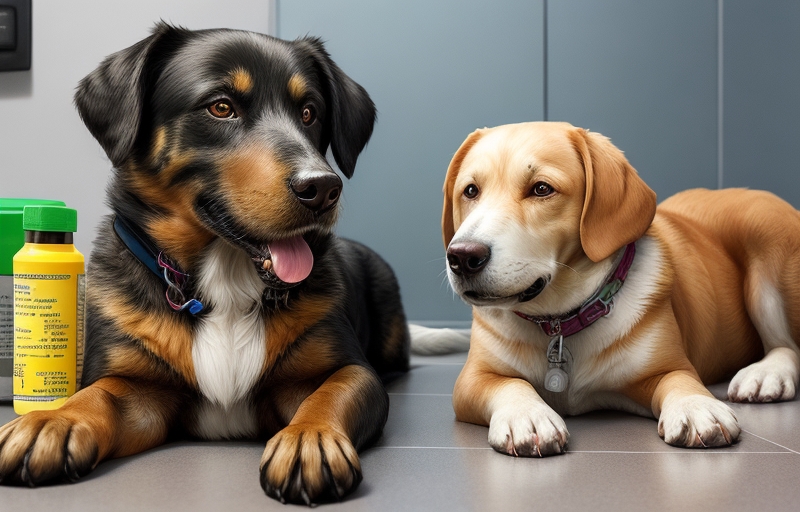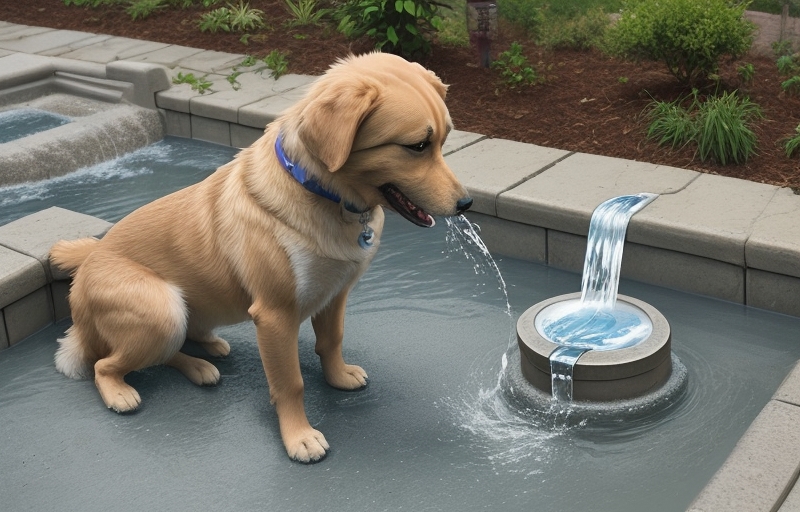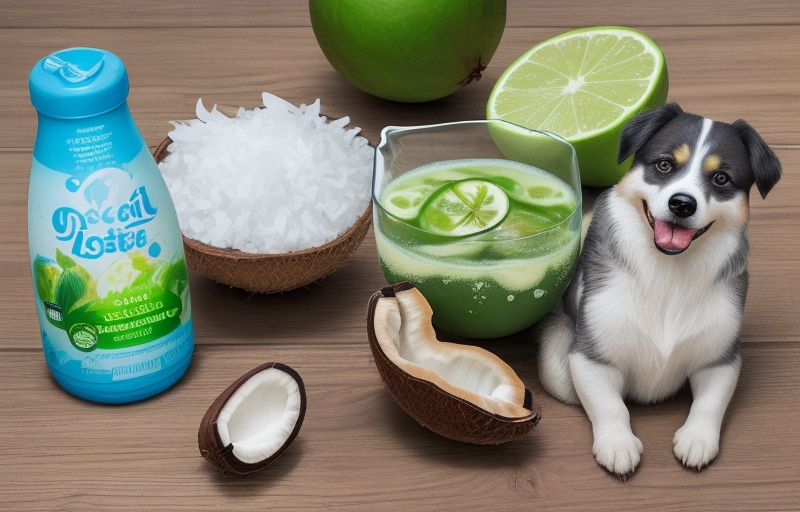Discover Effective Treatment for Insufficient Urine Production in Dogs. From dietary adjustments to medical interventions, explore detailed insights, FAQs, and expert advice to ensure your furry friend’s urinary health.
Treatment for Insufficient Urine Production in Dogs:
Insufficient urine production in dogs can be a concerning health issue, often indicating an underlying problem with the urinary system. This comprehensive guide outlines various treatment options, ranging from lifestyle adjustments to veterinary interventions, to address and manage this condition effectively.
1. Fluid Management:
Ensuring your dog stays adequately hydrated is crucial. Encourage regular water intake by providing clean and fresh water. If necessary, consider incorporating wet dog food into their diet to boost moisture content.
2. Dietary Adjustments:
Certain diets can impact urine production. Consult your veterinarian to determine if a specialized diet, such as prescription urinary care food, is suitable for your dog’s condition. These diets are designed to promote urinary health and address specific issues causing insufficient urine production.
3. Medications:

In some cases, veterinarians may prescribe medications to stimulate urine production or treat an underlying condition contributing to the issue. Diuretics or medications targeting kidney function may be recommended based on the diagnostic findings.
4. Monitoring Electrolyte Balance:
Insufficient urine production can disrupt electrolyte balance. Regular veterinary check-ups, including blood tests, can help monitor and address any imbalances. Correcting electrolyte abnormalities is vital for overall health.
5. Addressing Underlying Causes:
Identifying and addressing the root cause of insufficient urine production is crucial. This may involve treating infections, managing kidney disease, or addressing any structural abnormalities in the urinary tract. A tailored treatment plan will depend on the specific diagnosis.
Home Remedies For Preventing Insufficient Urine Production in Dogs

While home remedies can be supportive in managing certain aspects of your dog’s health, Here are some home remedies that may help:
1. Increased Water Intake:
Encourage your dog to drink more water by providing fresh and clean water at all times. Some dogs may prefer flowing water, so consider investing in a pet water fountain. Wetting your dog’s dry food or adding water to their meals can also increase their overall fluid intake.
2. Homemade Broth:
Prepare a low-sodium, dog-safe broth by boiling chicken or beef in water. Offer this broth in your dog’s bowl or mix it with their food. The added flavor may entice them to consume more liquids.
3. Canned Pumpkin:

Canned pumpkin (pure pumpkin, not pie filling) is a good source of hydration due to its high water content. Additionally, it contains fiber, which can be beneficial for digestion. Add a spoonful to your dog’s food.
4. Hydrating Foods:
Include moisture-rich foods in your dog’s diet, such as lean meats, cooked vegetables, or certain fruits like watermelon. Be sure to avoid toxic foods, and always consult with your vet before introducing new items into your dog’s diet.
5. Herbal Teas:
Certain herbal teas, like dandelion or parsley tea, may have diuretic properties and can potentially help stimulate urine production. However, it’s crucial to consult with your veterinarian before introducing herbal remedies to ensure they are safe for your dog.
6. Coconut Water:

Offering small amounts of unsweetened coconut water can be a natural way to increase fluid intake. Coconut water contains electrolytes and is generally safe for dogs in moderation.
7. Regular Exercise:
Engage your dog in regular exercise, as physical activity can stimulate various bodily functions, including kidney function. Ensure the exercise is appropriate for your dog’s age, breed, and health condition.
Conclusion:
Timely intervention and a holistic approach to treatment are essential for addressing insufficient urine production in dogs. Consult with a veterinarian to develop a customized plan that considers your dog’s specific health needs, ensuring a happier and healthier life for your beloved pet.
Read Also: Insufficient Urine Production in Dogs
Frequently Asked Questions (FAQs):
Q1: Why is my dog not producing enough urine?
Insufficient urine production in dogs can result from various causes, including dehydration, kidney issues, urinary tract infections, or underlying medical conditions.
Q2: Can I increase my dog’s urine output by giving more water?
Adequate water intake is crucial, but excessive water consumption may not always solve the issue. Consult your vet for a personalized approach, as certain conditions may require specific treatments beyond increased water intake.
Q3: Are there preventive measures for insufficient urine production?
Regular veterinary check-ups, a balanced diet, and ensuring access to clean water can contribute to overall urinary health. Early detection and management of underlying conditions are key preventive measures.
